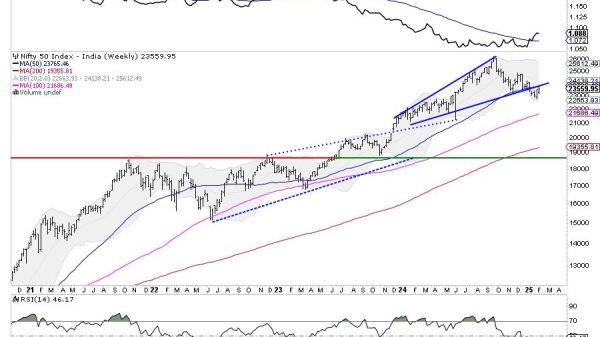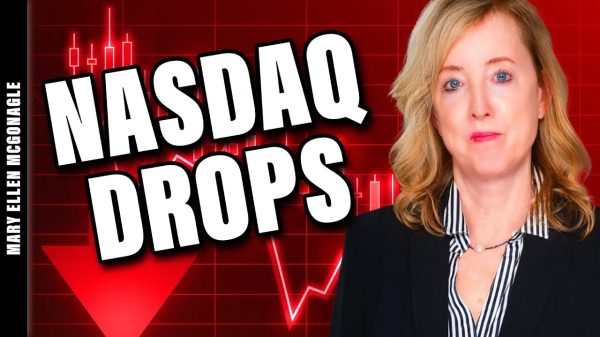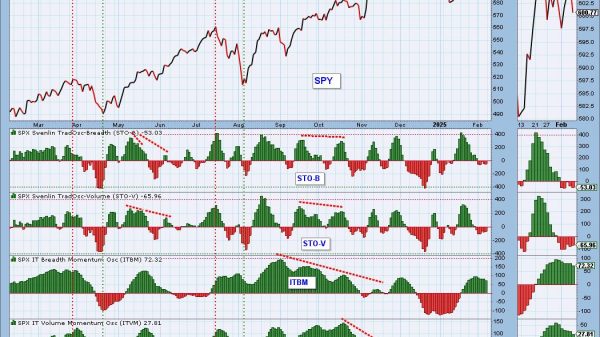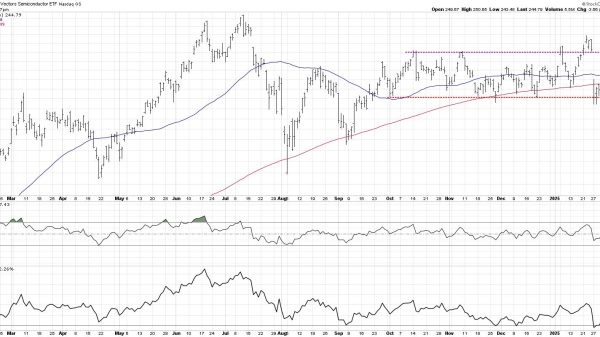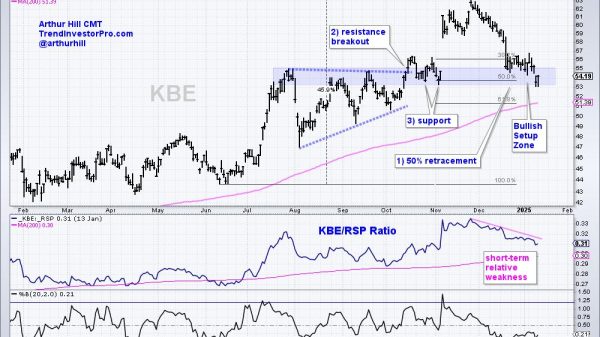
The UK’s official company register contracted at the close of 2024, marking the first recorded decline since Companies House began publishing statistics in 2012.
There were 5,408,707 businesses listed on the register at the end of December—19,879 fewer than the previous quarter. Meanwhile, the so-called “effective register,” which excludes businesses in dissolution or liquidation, dropped by 59,495.
Companies House attributes part of this decline to its new powers that enable stricter policing of the register, dissolving firms that fail to provide an appropriate registered office address. However, the ongoing economic squeeze is also a significant contributor: in the last three months of 2024 alone, 203,584 companies dissolved, up 24.6 per cent on the same period in 2023, while registrations fell by 15.5 per cent to 181,261.
Experts point to multiple factors. Henry Whorwood, managing director of research at Beauhurst, cites “a double whammy of inflation and the [tax rises in the autumn] budget” as drivers behind the closures. Rachel Reeves’s October increase to employers’ National Insurance from 13.8 to 15 per cent—alongside a reduction in the salary threshold—raised labour costs further. From April 6, businesses must also shoulder an extra £2,000 per worker for those on minimum wage.
Michael Steed, a chartered tax adviser and president of the Association of Accounting Technicians, adds that many entrepreneurs may opt to remain sole traders rather than incorporate, partly because of these rising tax and administrative burdens. “You’ve got to do your compliance with Companies House. You’ve got to keep your minutes, your dividend payments. All those need to be in real time,” he explains. “Whereas if you compare that to being a sole trader, only you, HMRC and the Holy Spirit know your results.”
Companies House had initially postponed publication of its statistics for Q4 2024 after detecting “anomalies,” later attributed to human error. It has since revised figures for previous reporting periods. Despite the blip, the latest data underscores real pressures on British businesses, as regulatory scrutiny, tax obligations, and rising costs continue to weigh on owners’ decisions about their company structures.
Read more:
Number of registered UK companies shrinks for the first time since 2012






